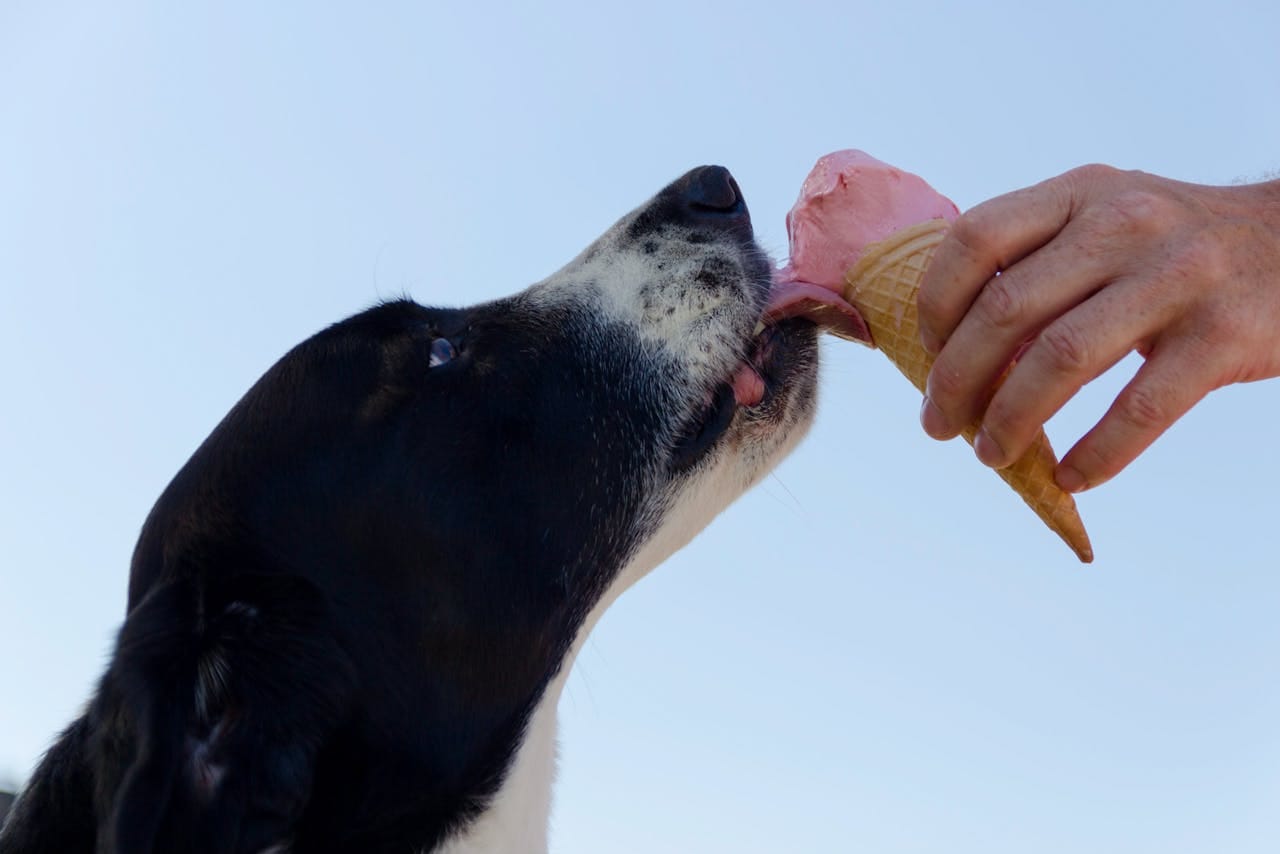Pets are part of the family, and their well-being is a top priority for owners. Understanding what foods are safe and unsafe for pets is essential to keeping them healthy and happy. While certain human foods can make great treats, others can be toxic and even life-threatening. This guide highlights the key safe and unsafe foods for pets, ensuring you have the knowledge to keep your furry friends safe.
Safe Foods for Pets
Many common human foods are perfectly safe for pets and can even provide nutritional benefits. Below are some safe options:
1. Cooked Meat (Without Seasoning)
Lean cuts of chicken, turkey, and beef can be excellent protein sources for pets. Make sure the meat is cooked thoroughly and free from bones, as these can splinter and cause internal injuries.
2. Rice and Pasta
Plain, cooked rice or pasta can be a great source of carbohydrates, especially for dogs. These foods are gentle on the stomach and can help with digestive issues.
3. Fruits and Vegetables
Certain fruits and veggies are healthy and safe for pets:
- Carrots: Great for dental health and rich in beta-carotene.
- Apples: Provide fiber and vitamins (remove seeds and core).
- Blueberries: Packed with antioxidants.
- Green Beans: A low-calorie snack that’s high in fiber.
4. Peanut Butter (Unsweetened, Xylitol-Free)
Peanut butter is a popular treat for dogs, providing healthy fats and protein. Ensure it doesn’t contain xylitol, a sugar substitute that’s highly toxic to pets.
5. Eggs
Cooked eggs are an excellent source of protein and essential amino acids. They’re safe for most pets when served plain.
Unsafe Foods for Pets
Just as some foods are beneficial, others can be dangerous or even fatal for pets. Here are key foods to avoid:
1. Chocolate
Chocolate contains theobromine, a compound toxic to dogs and cats. Dark chocolate and baking chocolate have higher concentrations and are particularly dangerous.
2. Grapes and Raisins
Even small amounts of grapes or raisins can lead to kidney failure in dogs. Symptoms include vomiting, lethargy, and decreased appetite.
3. Onions and Garlic
Onions, garlic, and related vegetables (leeks, chives) contain compounds that can damage red blood cells in pets, leading to anemia.
4. Xylitol (Artificial Sweetener)
Found in sugar-free gum, candies, and some peanut butters, xylitol can cause a rapid drop in blood sugar and liver failure in dogs.
5. Alcohol
Alcoholic beverages and foods containing alcohol can lead to severe intoxication, respiratory failure, and even death in pets.
6. Avocado
Avocado contains persin, which can cause vomiting and diarrhea in dogs and other animals. Birds and small animals are particularly sensitive to its effects.
7. Caffeine
Coffee, tea, and energy drinks contain caffeine, which is highly toxic to pets. It can lead to hyperactivity, increased heart rate, and seizures.
What to Do in Case of Accidental Ingestion
If your pet consumes something harmful, act quickly. Call your veterinarian or a pet poison control hotline immediately. The ASPCA’s Animal Poison Control Center is a valuable resource in such emergencies.
Tips for Feeding Pets Safely
- Stick to Pet Food: While human foods can be safe, a balanced pet diet is best achieved with quality commercial pet food.
- Monitor Portion Sizes: Overfeeding even safe foods can lead to obesity and other health problems.
- Research New Foods: Before sharing a snack, check if it’s safe for your pet. The FDA’s pet food safety guide provides useful information.
- Avoid Table Scraps: Foods prepared for humans often contain ingredients like salt, sugar, and spices that are harmful to pets.
Frequently Asked Questions
Can pets eat dairy products?
Some pets can tolerate small amounts of dairy, like plain yogurt or cheese, but many are lactose intolerant. Watch for signs of upset stomach or diarrhea.
Are all nuts unsafe for pets?
Most nuts, like almonds and walnuts, are not recommended due to high fat content and choking hazards. Macadamia nuts are particularly toxic to dogs.
Is raw meat safe for pets?
While some advocate for raw diets, raw meat poses risks of bacterial contamination (e.g., Salmonella, E. coli). Cooked meat is safer and easier to digest.
Conclusion
Understanding safe and unsafe foods for pets is essential for their health and safety. While many human foods can be shared as occasional treats, others can lead to serious health issues. Always research and consult your veterinarian when introducing new foods into your pet’s diet. By being informed, you can ensure your furry companions enjoy a happy, healthy life.

